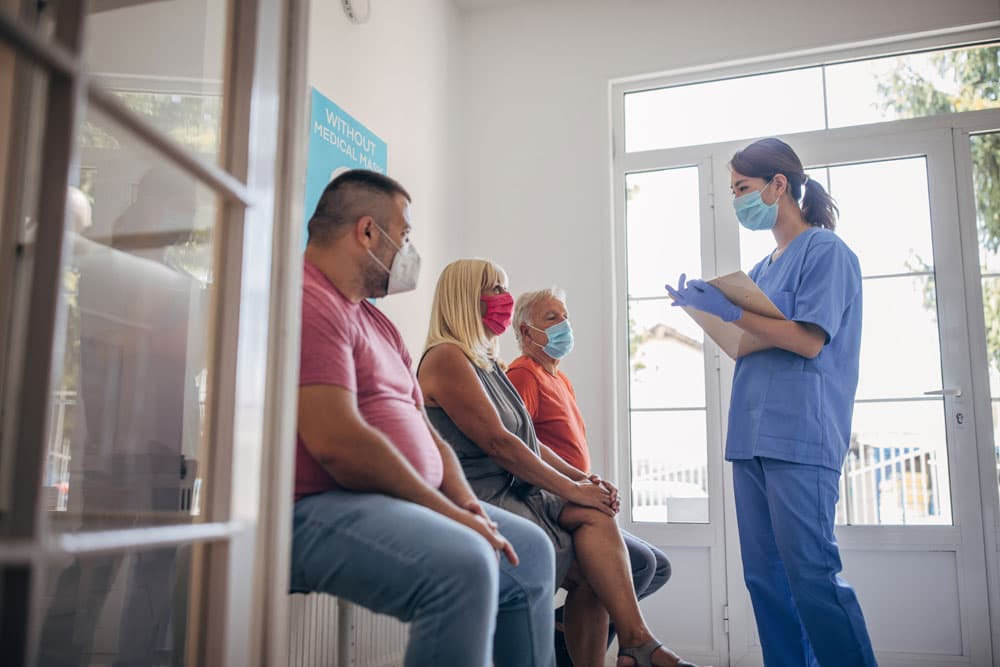
Distributing pro-COVID-19 vaccination information in English and Spanish in emergency departments (EDs) increases the likelihood that patients will choose to be vaccinated, according to research published by UC San Francisco researchers in the Journal of the American Medical Association (JAMA).
The team conducted a cluster-randomized, controlled trial in seven EDs across the country, and found that COVID-19 vaccination messaging resulted in significantly greater vaccine acceptance and uptake within 30 days, particularly among Latinx persons and study participants without primary care physicians.
"Our effect sizes were higher than any other published intervention to promote COVID-19 vaccine acceptance in underserved populations," said Robert Rodriguez, MD, lead author of the study published Dec. 22, 2022. He is a professor of emergency medicine at UCSF.
Rodriguez' team developed and tested ED-based messaging to address COVID-19 vaccine hesitancy and increase vaccine uptake among ED patients. They used a mixed-methods approach, interviewing vaccine hesitant ED patients who lacked primary care to gain insights into their concerns about COVID-19 vaccines and who they trusted to convince them to accept vaccines.
"We used the survey data to create pro-COVID-19 vaccination messaging platforms, consisting of videos, printed flyers, and face-to-face, scripted communications, that addressed barriers and hesitancy to being vaccinated," Rodriguez said.
Needed: Trusted Messengers
The team's pro-COVID-19 vaccination messaging took into account survey data about who respondents trusted by, for example, having African American physicians and Spanish-speaking physicians in videos for African American patients and Spanish-speaking patients, respectively - an approach supporting the notion that diverse populations may be more receptive to messages delivered by health care providers who look and speak like them.
"With approximately 160 million visits to EDs annually, broad implementation of our messaging platforms in EDs could lead to greater COVID-19 vaccine acceptance and delivery to tens of thousands of underserved patients whose primary health care access occurs in EDs," Rodriguez said.
That's especially true since hospital emergency departments provide safety-net care for underserved populations who have little or no access to health care, a role that was magnified during the pandemic. Rodriguez, in addition, sees potential beyond the COVID-19 pandemic.
"We believe that our work is a public health game-changer," he said. "It lays the groundwork for the delivery of a number of other public health interventions to medically vulnerable, hard-to-reach populations, whose only health care access occurs in EDs."






